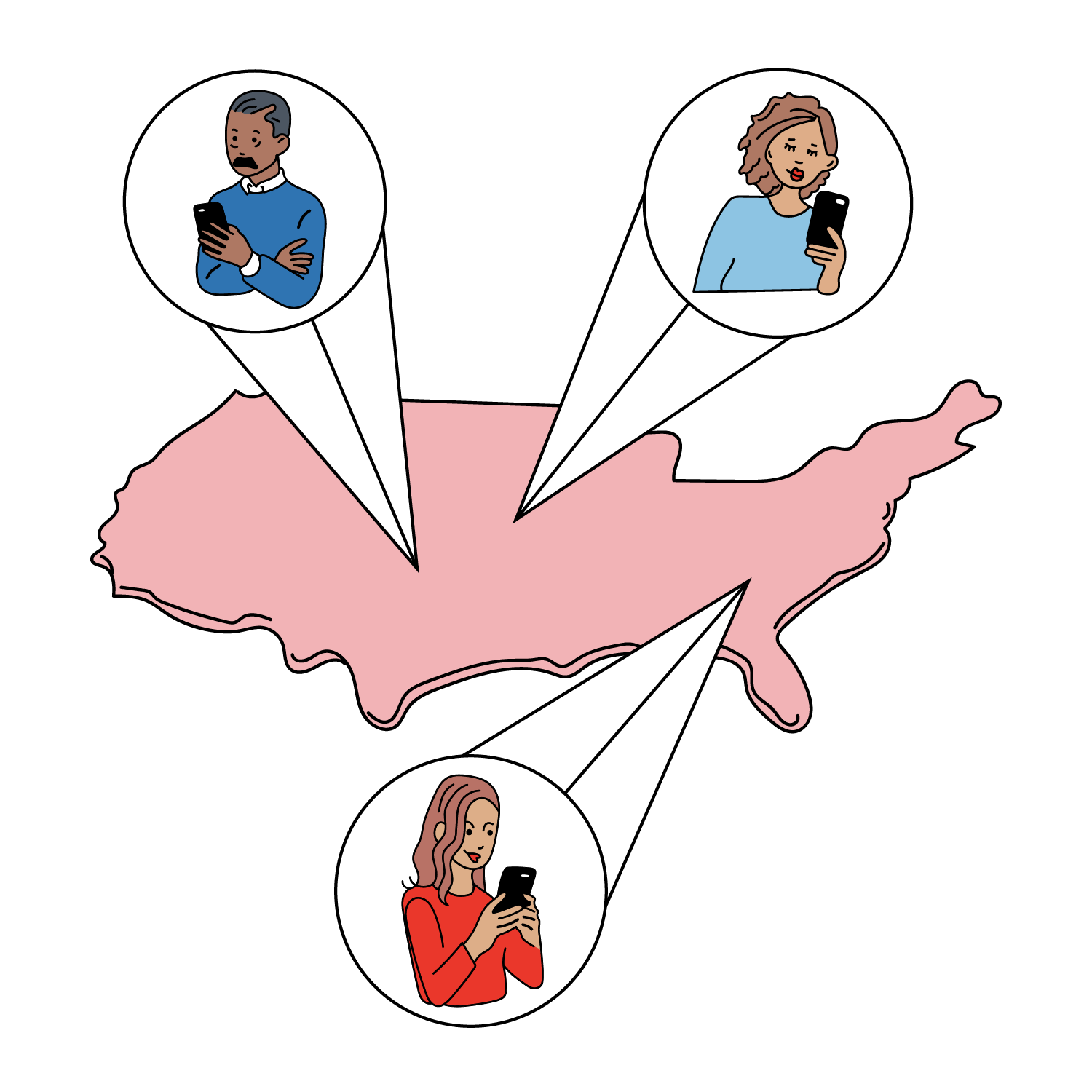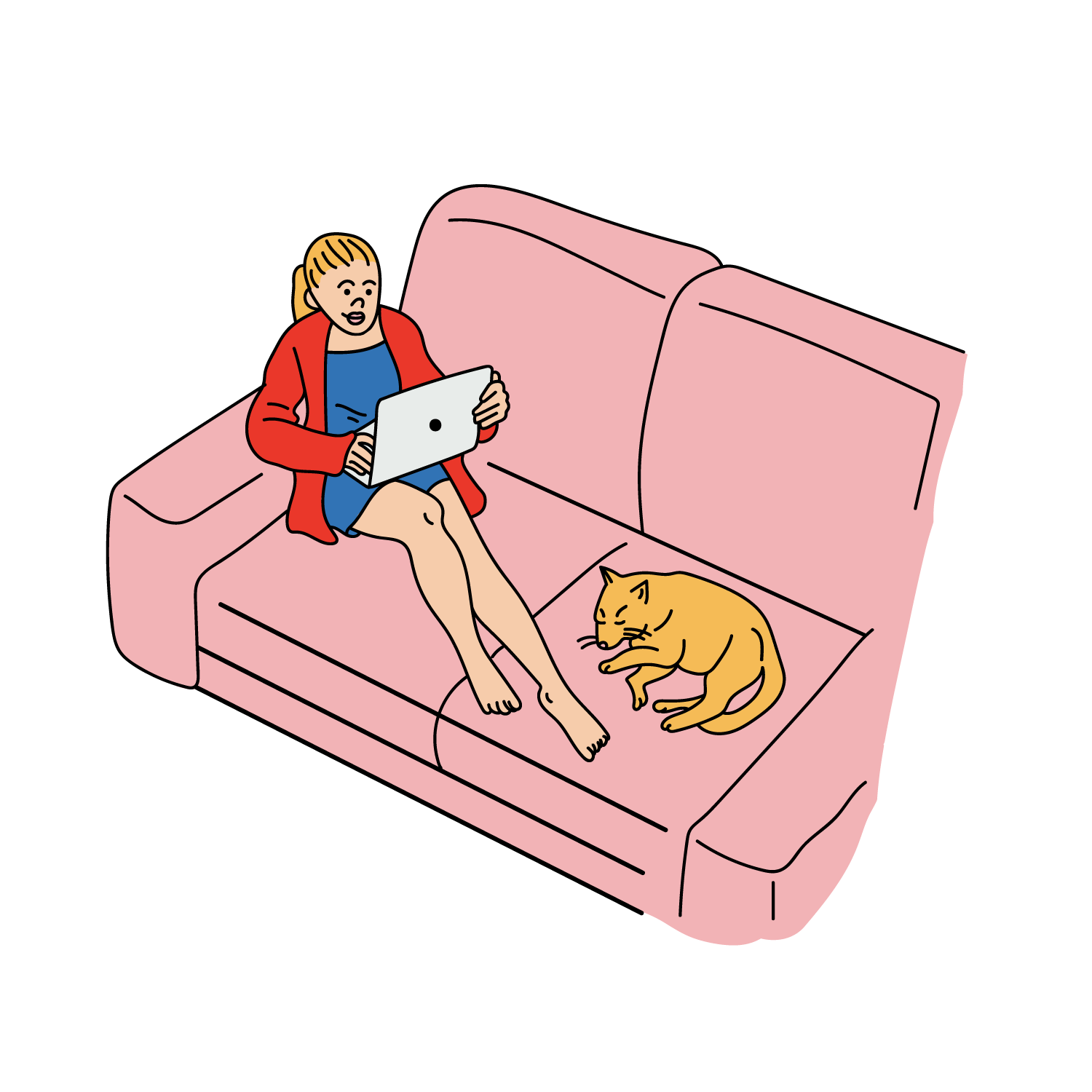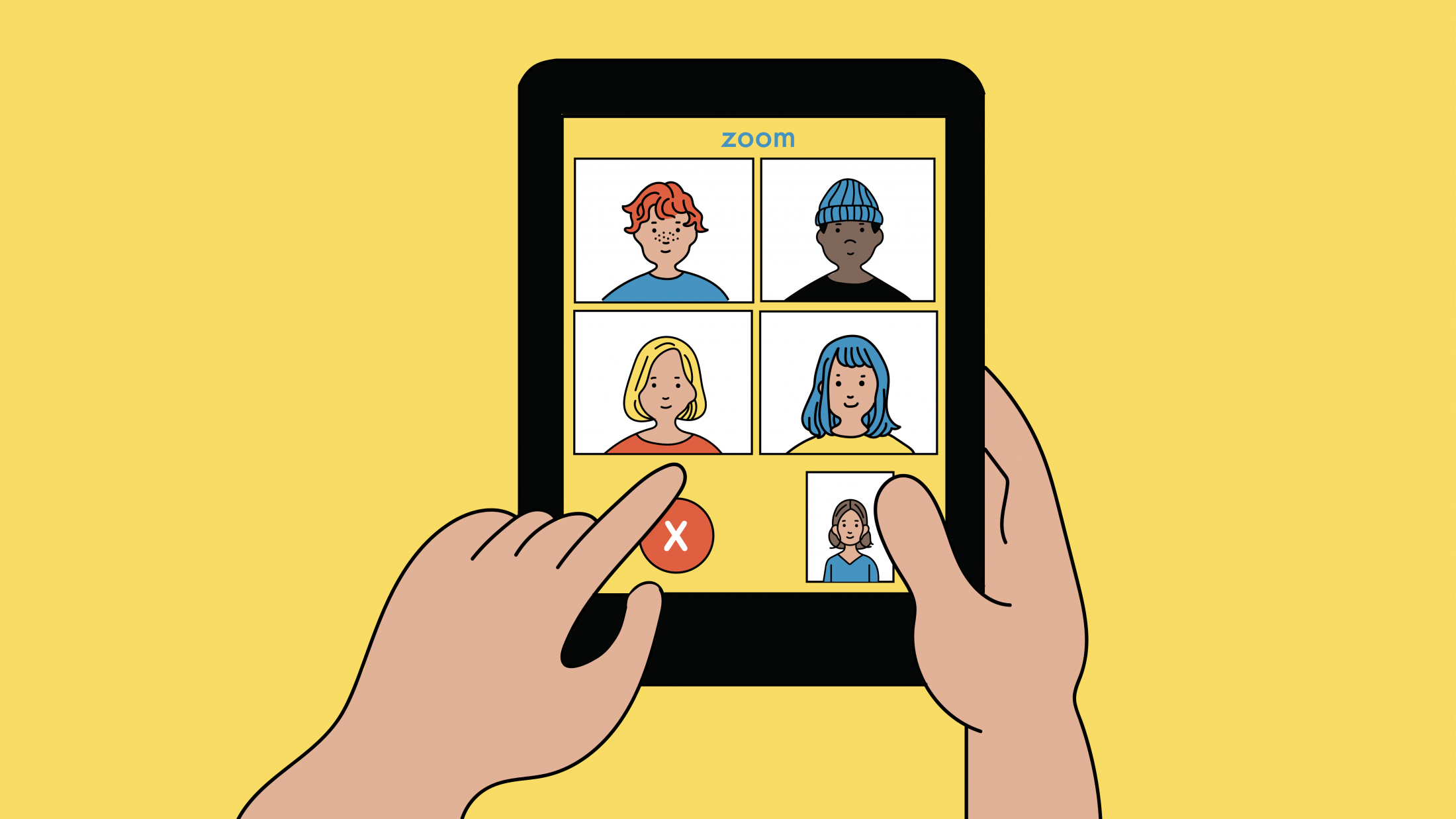During this COVID-19 pandemic, you should obviously be following the protocol given to us by health professionals and our government as they work in conjunction to keep us safe. Right now, there’s a lot of talk about staying well physically. The emphasis is always on social distancing, washing your hands and not touching your face. Keeping yourself and your community safe by staying home and keeping clean is massively important, and we should all make those efforts to soften the curve! We are in a stressful time, and the truth is that none of us know how to deal with a pandemic like this. We have no idea what the best course of action is because this hasn’t happened in a century. With that said, social media can be very overwhelming, the news can be overwhelming and being home all the time with little social interaction may be stressful for a lot of people. Here are some easy tips you can do at home to put your mind at ease and help you protect your mental health just as much as your physical health.

Talk to someone
This may seem like a totally obvious step, but reaching out digitally to a mental healthcare professional can be very beneficial in times of extreme stress. If you don’t already have a regular therapist and can’t afford one, there are a number of options to get some extra help! WKU’s Counseling Center will remain open for the remainder of the semester, servicing students virtually or over the phone. Take the opportunity to utilize the campus resources that are available. If you have even a part-time job, try contacting your managers. Many businesses are offering to cover the costs of employee counseling for a designated number of sessions. Getting in touch with your superiors and figuring out what benefits are provided to you as an employee is a good idea anyway, but it may surprise you what options you have simply by being an employee. If all else fails, BetterHelp offers services online and through a mobile app; however, this also costs between $40-70 weekly.
Clean and decorate your space
The fact is that you’re going to be spending a lot of time at home. If your home or room doesn’t look the way you would like it to, you’re going to feel worse. You need a space where you feel at home, comfortable and relaxed. Redecorating doesn’t have to cost you a penny! You can search around for old photographs, paintings and memorabilia. Surrounding yourself with good memories and positive experiences will inherently make you feel better. You can also create new decorations through painting, collaging, knitting, sketching or building — if you know how to do that. Using your hands to create or cook can be beneficial to mental health. You also want to make sure that your space is clean and tidy. Again, spending so much time inside will make you crazy if you don’t have a pleasing space to live in. Cleaning is also time-consuming and rewarding, giving you something to do on particularly slow quarantine days.
Find a hobby
Remember what I said about making your own decor? A hobby is the perfect way to start doing that. Making your own art or finding something you really enjoy doing every day will take the stress off. It is hard to adapt our lives to doing everything from home, not being able to as easily separate leisure time from work. Working in at least an hour every day for yourself to practice a new hobby or rediscover an old one that you really love will ease tensions and can even help you express whatever you’re feeling.
Keep a journal
Keeping a daily journal right now will give you something very interesting to look back on in a few years. More importantly, though, this is going to give you a moment every day to just pour out every anxiety and insecurity. Journaling can be very therapeutic in moments of extreme emotional turmoil because it gives you a chance to write down every feeling you have and then read it back, reflect on it and think more objectively about why you’re upset. Even keeping a dream journal can reinforce keeping a routine that is fun and introspective.

Keep a routine
We are so used to being on a schedule all the time that, when that’s taken away, it is a struggle to maintain a regular sleep schedule, turn in work on time or feel motivated to do anything with your day. When we aren’t sleeping consistently and are overly lethargic for extended periods of time, it can lead to feelings of sadness or anxiety. Not to mention, this is terrible for your immune system. Assign yourself a schedule and take advantage of this extra time. Maybe wake up at 9 a.m. for your 10:20 a.m. Zoom meeting so you know you have time to make breakfast or eat with your family or roommates every morning. Go to bed at a reasonable hour so that your body has time to rest and heal. Fill your day with things to do so that you aren’t spending too much time alone and sedentary.
Go outside
Just because we’re social distancing doesn’t mean you can’t go outside. Spring is coming to life all around us, and our sweet state is warming up. Walking around your neighborhood once a day can be a relaxing way to safely get moving. Vitamin D and the endorphins released from moving your body and stretching your muscles will be great for your brain and make you feel immensely better almost instantly.
Talk to your friends and stay off of social media
Before you ask, you can do both at the same time. Zoom isn’t only a great tool for classes — it’s also a great tool for hang-out sessions! A fun idea is a PowerPoint party. Everyone can create PowerPoints on a ridiculous topic of their choosing and present their topic to the rest of the group. This can be a fun way to take advantage of video chat apps and have a fun time with your friends in new innovative ways. Make video chats, bring your own dinner and enjoy eating meals with friends while still making those efforts to social distance. Human interaction is so important for mental well being. We are inherently social, and often isolation can exacerbate anxieties and sadness. Taking time to go out of your way to actually chat with friends can help facilitate the change to online interactions. Social media is just dark right now. Usually, social media can cause feelings of insecurity and frustration alone from the constant barrage of information and advertising. Don’t overload yourself on COVID-19 information. You’re only making this worse for yourself. Stay informed, stay updated and (other than that) stay out of it. Give yourself time to step away.
Hopefully at least one of these tips helps you through the next few weeks or months. Please stay safe and follow protocol. So long as we are all compassionate and care for one another and ourselves, we will make it through this. Being gentle and more forgiving with others helps you be more forgiving with yourself. Try not to beat yourself up too much. Do your best, and try to be considerate of others in your community. Remember this is not forever, and you are not alone. We are all in this together. Let’s all work to be on the same team.


